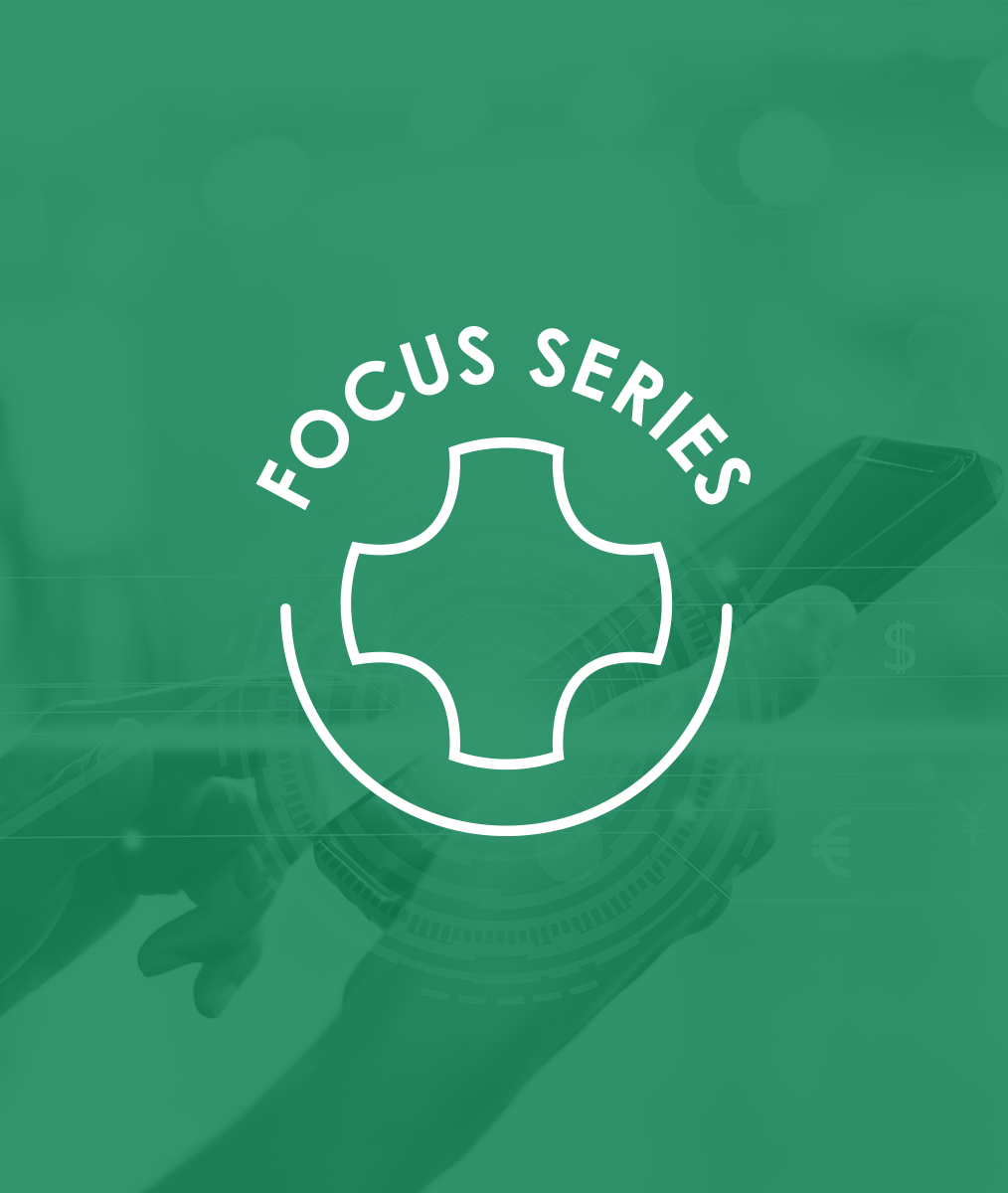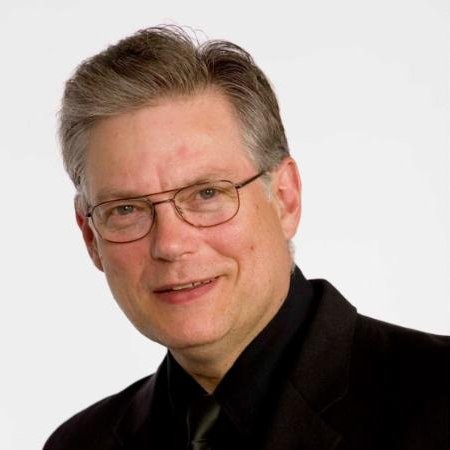Life-Long Learning Part 3: Leisure Learning Is Intentional Learning
Gary M. DeWood, DDS, MS
We might define leisure learning as “Anything that is taught in an organized formal or informal plan of education to assist an adult in learning something about his or her occupation, occupational opportunities, personal happiness, or social enhancement and into which that adult engages him or herself for the purpose of learning about it.”
I’d like to rename it “Intentional Learning” for the purpose of our discussion. My best guess is that your intent in coming to The Pankey Institute is to learn something about dentistry that will help you do what you do better. The incentive for that goal, being better, is why you come. You are choosing to use leisure time to learn dental stuff with intention.
Any information you perceive as other than about being “better at clinical dentistry” you might be less interested in retaining and consequently likely to forget quickly. You will not really learn the stuff for which you have limited curiosity. Interestingly, that stuff that is not about the “dentistry” is the most important part of what The Pankey Institute sends you home with. At least I and countless others have found this to be true.
Intentional learning is essential if you want to live a longer life.
In the absence of Intentional Learning, defined as “actively seeking out new information that you WANT to integrate into your experience and understanding of the world,” certain parts of your brain will shrink. Your capacity for learning and your critical thinking/problem-solving skills will diminish. A reduction in neurons and neurotransmitters will affect your memory, your concentration, your mood, and your physical movement. Blood flow to parts of the brain can even be reduced–use it or lose it is a common thread in nature.
So, Intentional Learning is GOOD for your brain and necessary if you wish to thrive. Synapses continue to form and re-form if you are acquiring new information, experiences, and knowledge with intent. Intentional Learning reduces stress levels. Stress reduction not only helps us perform better in our professional life, but our personal lives as well.
Intentional learning opens social possibilities.
Homo Sapiens are social creatures, we crave interaction, in fact we require it. Intentional learning encourages us to take risks, adjust, and adapt as we go. It sparks social engagement which leads to happiness in so many aspects of our lives. It enhances motivation, creativity, and innovation. It provides an opportunity to open our minds, challenge ourselves, and appreciate new opportunities.
Intentional Learning fuels even more learning
as it stimulates curiosity, renews our purpose,
and moves us toward problem solving actions.
It has the potential to keep us young.
My mother’s desire for Intentional Leisure Learning, never left her; she was and is a voracious reader, and to this day at the age of 90, she loves nothing more than sharing something she has read recently and is busy integrating into her view of the world and how it works. Her beliefs are open to what she experiences in her life, to what she learns.
The day will come, sooner than I wish, when “dental” learning will not be as applicable to my daily life as it is today. I will still want to be part of a dental study club, still challenge what I think I know, and offer whatever wisdom I’ve been able to store to the conversation.
Once found, intentional lifelong learning is something one does not easily lose the desire for.
I will never forget Dr. Parker Mahan’s words, “I know I too can never live long enough.” Some might hear those words as limiting. I hear them as liberating. The well of knowledge will never be dry. It is and will remain an infinite source of things that I can still learn.
I am so grateful to be back home at The Pankey Institute after spending my intentional learning (and teaching) time for the past fifteen years in a place that has made a choice to focus on “dental” learning. The behavioral aspects of dentistry and developing understanding of oneself and others have always had equal focus at Pankey. And since that “other stuff” is not something that can ever be checked off as “learned” no matter how many years I have left to be here, my intentional learning can and will always be young and new. It’s why The Pankey Institute is not a place you DO, it’s a place you learn to BE.
The Institute is a place where learning never stops because, when you learn to BE, you have learned to act. Being is an ongoing and continuous process. It’s something that is lived. It is community. It is home. It is still The One Place.
Related Course
Creating Financial Freedom
DATE: March 6 2025 @ 8:00 am - March 8 2025 @ 2:00 pmLocation: The Pankey Institute
CE HOURS: 16
Dentist Tuition: $ 2795
Single Occupancy with Ensuite Private Bath (per night): $ 345
Achieving Financial Freedom is Within Your Reach! Would you like to have less fear, confusion and/or frustration around any aspect of working with money in your life, work, or when…
Learn More>










